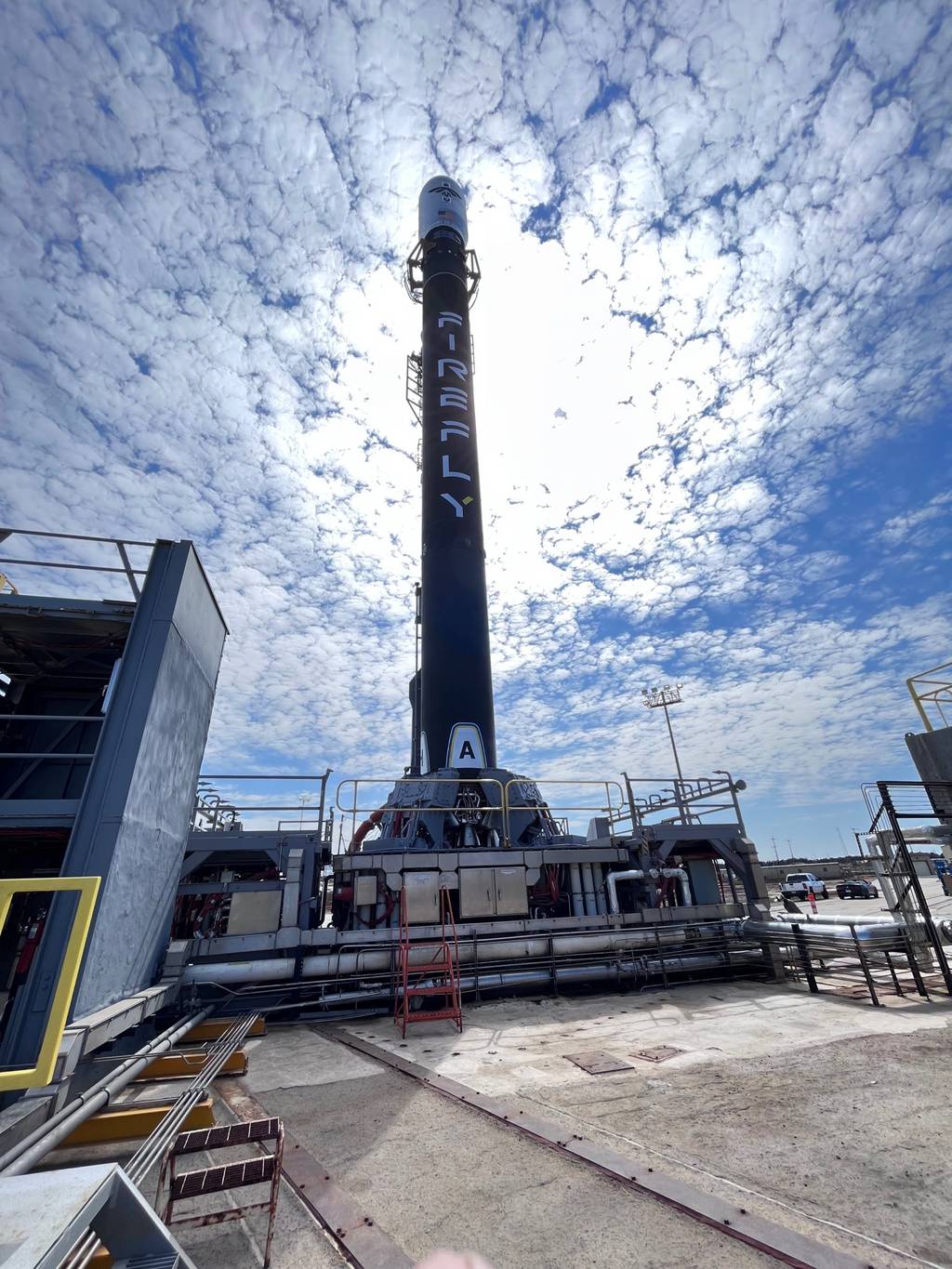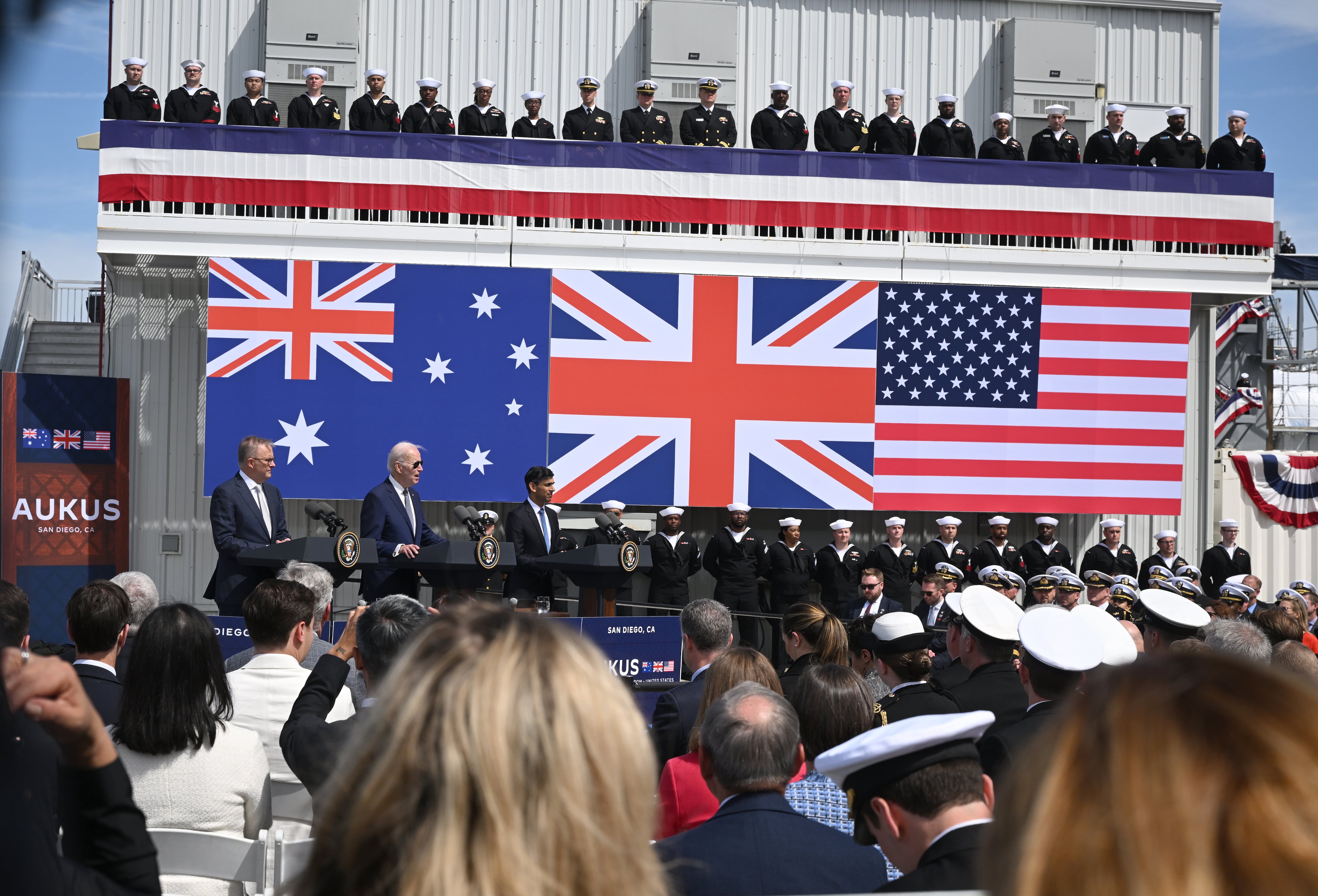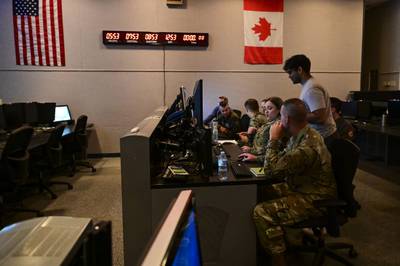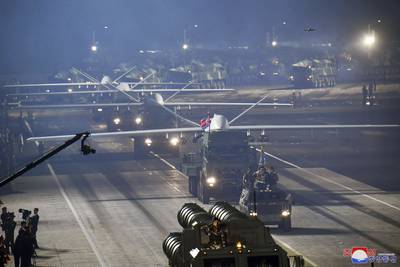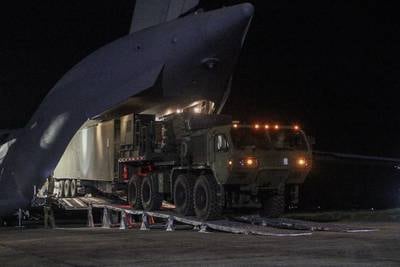WASHINGTON — The U.S. Space Force said it awarded contracts to Millennium Space Systems and Firefly Space Transport Services to support a 2023 mission that will demonstrate the ability to rapidly develop and launch a satellite.
Small satellite company Millennium Space Systems will deliver the on-orbit and ground segments for the mission, dubbed VICTUS NOX, and Firefly will provide the launch service, according to the Sept. 30 statement. The Space Force and Millennium told C4ISRNET the value of the company’s award is “undisclosed at this time.” Firefly said its contract is valued at $17.6 million.
VICTUS NOX is part of the service’s Tactically Responsive Space program, run by the Space Safari office and seeks to demonstrate the ability to rapidly execute an end-to-end mission in response to operational needs. The program flew its first mission last summer on a Northrop Grumman Pegasus XL rocket, which carried an experimental space domain awareness satellite.
That effort set records for acquisition and fielding timelines, completing the development process in 11 months — a feat that usually takes two to five years. The program then executed a 21-day call-up period during which it retrieved the payload, integrated it with the launch vehicle and sent it to orbit.
For VICTUS NOX, Latin for “conquer the night,” Space Safari wants to compress that timeline even further by reducing the call-up period to just 24 hours. The payload for this mission will be an operational space domain awareness sensor. Lt. Col. MacKenzie Birchenough, materiel leader for Space Safari, told C4ISRNET in June the effort represents a shift for the program from focusing on launch to looking more closely at supporting elements of responsive space.
Meanwhile, the service is crafting a comprehensive strategy for responsive space after Congress mandated a report in the Fiscal 2022 National Defense Authorization Act. While officials say the Space Force recognizes the need for on-demand, rapid launch, it hasn’t prioritized the program in its budget request.
The Space Force has yet to request funding for Tactically Responsive Space, relying instead on Congress to appropriate money each year, including $15 million in fiscal 2020, $50 million in fiscal 2021 and another $50 million in fiscal 2022.
Courtney Albon is C4ISRNET’s space and emerging technology reporter. She has covered the U.S. military since 2012, with a focus on the Air Force and Space Force. She has reported on some of the Defense Department’s most significant acquisition, budget and policy challenges.
